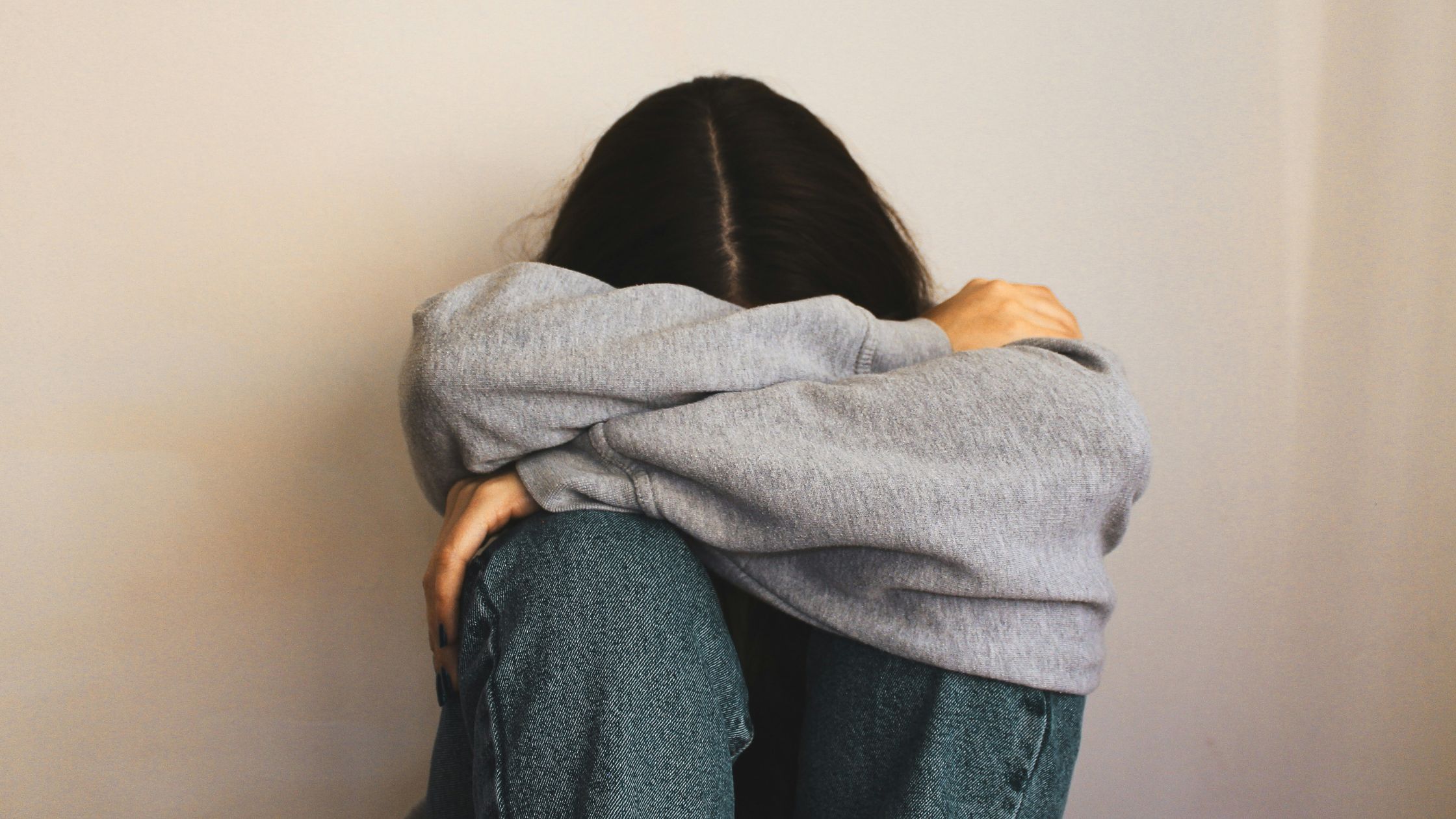What is depression and how does it present?
Did you know that one in four people will experience mental health issues at some point during their lifetime, with one in six reporting symptoms of depression each week.
That is a rather telling statistic, suggesting that a huge number of people around the world are struggling with depression and low mood. Yet too often, these struggles go unnoticed, ignored or misunderstood.
It is more than just “feeling sad” for a few days; it can affect every part of your life, including how you feel physically, as well as mentally.
But how do you know if you, or someone you care about, is experiencing depression? Understanding the symptoms and how depression presents is the first step toward recovery.
So, what is depression?
By definition, depression is a mental health condition characterised by persistent low mood and being physically and mentally exhausted. But more than that, it’s the feeling of being defeated, hopeless and possibly even weak.
It also comes with a range of other symptoms that can significantly impact your daily life.
What are the symptoms?
Depression can present in many different ways. As every individual is different, those suffering may experience a few of the following symptoms, or they may experience them all.
One of the most common ways depression presents itself is through high emotions, such as feelings of sadness, irritability, sensitivity or reactivity. Anxiety and inability to get out of bed are also common symptoms, with many feeling trapped in their own mind and body.
Sufferers can become withdrawn, avoiding social contact and losing interest in hobbies and interests; activities that once brought them joy. Other issues include problems concentrating and struggling to focus on even the most basic tasks.
You might also find you have trouble sleeping and still feeling exhausted even when you do sleep. You stay up late, avoid going to bed and instead end up scrolling mindlessly on your phone or watching TV. This cycle leads you to feel tired during the day, wanting to sleep or nap and further disrupting your daily routine.

The cycle of depression
Therapist Mark Tyrrell describes how depression is a cycle that feeds itself. He breaks this cycle down into the following stages:
- Persistent negative thinking – Emotional, repetitive thought patterns such as rumination, for example, going over the same problems again and again in your head, whether real or imagined
- Overdreaming – Spending too much time in the REM phase can reduce the deep sleep needed to repair the brain and body, leaving you feeling exhausted
- Exhaustion and fatigue – Both mental and physical tiredness result from poor-quality sleep and constant stress
- Depressive thinking – This leads to a pattern of feeling hopeless, sad and guilty
- Feeling stuck – These feelings can leave sufferers believing there’s no solution or way forward, that they will feel like this forever
- Back to rumination – The cycle repeats again, deepening the depression
How this can make people feel
Being caught in this cycle of depression can create deep fear; the fear that you’re becoming more and more depressed and that you’ll never escape it.
People in this situation often feel weak for suffering from depression, as if they should be able to snap out of it, and they are ashamed to ask for help, worrying about what others might think.
This can cause them to feel very alone, believing no one could possibly understand what they’re going through.
But here’s the truth: anyone can become depressed, even the strongest, most resilient people. Depression isn’t a sign of weakness; it’s a sign you’ve been strong for too long without the right support.
How can you overcome depression?
Recovering from depression isn’t as simple as going on a nice holiday or meeting with a friend for coffee and a chat. Real change comes from addressing the root causes, and this can be done in several key ways, including:
Talking therapies
Working with an experienced counsellor, individuals can learn to understand the root causes of their depression, develop coping techniques, and make positive changes in their lives.
Talking therapies are also recommended for addressing specific issues like anxiety, panic attacks or the effects of traumatic past events.
Taking medication
If and when appropriate, medication may be prescribed. This can help to tackle the symptoms of depression and boost mood. This is typically recommended alongside other treatments, such as counselling.
Self-care practices
There are lots of great self-care practices you can implement that help break the cycle. For example, exercising, taking walks in nature, eating healthier, meditating and more.

Do any of these symptoms or cycles feel familiar?
If you recognise any of these feelings, symptoms or cycles, you (or someone you love) could be suffering from depression, and it’s important to know that you are not weak, you’re exhausted, and there’s a huge difference.
It takes courage to reach out for help, but it’s one of the most important steps you can take.
You can find out more about talking therapies and how to overcome depression here. You can also get in touch to find out more about my counselling services and how I support those with depression.
But if you do one thing today, take that first positive step towards recovery, in any way that feels manageable.

